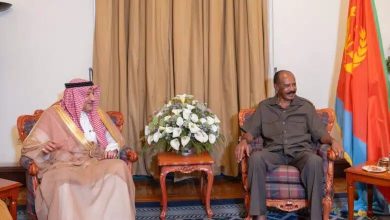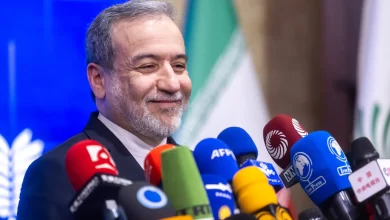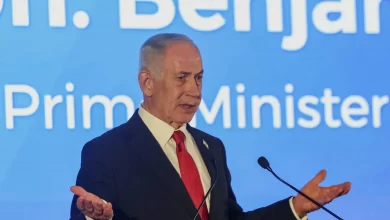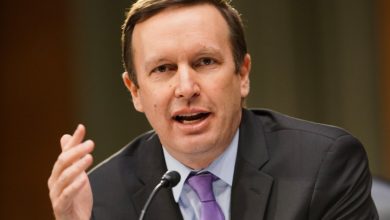International
Does Political Escalation in Libya Threaten the Geneva Agreement? Calls for Dialogue to Avoid a New Military Confrontation
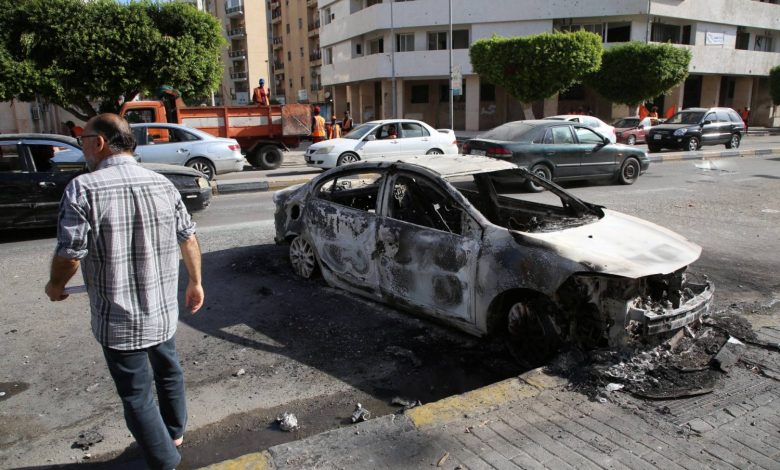
Sudan Events – Agencies
On August 9, unclear-motive clashes broke out between two armed factions linked to the Government of National Unity, based in Tripoli (West), resulting in the deaths of nine people and injuring dozens near the Libyan capital. Two days later, on August 11, dozens of people, some of them armed, surrounded a building belonging to the Central Bank of Libya in Tripoli in an attempt to forcefully remove the bank’s governor, according to local media reports, before being dispersed.
The Central Bank governor, Sadiq al-Kabir, has been criticized by elements within the Government of National Unity, led by Prime Minister Abdul Hamid Dbeibeh, over his management of the budget and the country’s oil wealth. These incidents prompted U.S. Ambassador to Libya, Richard Norland, to state on the platform X that “recent clashes between armed groups underscore the continuing risks posed by political stalemate in Libya.” He added that it was “unacceptable” to forcibly remove the Central Bank governor, who has held the position since 2012, warning that Libya could lose access to international financial markets.
Libya has been divided since the fall of Muammar Gaddafi’s regime in 2011, with two rival governments: one internationally recognized in Tripoli led by Abdul Hamid Dbeibeh, and another in the east backed by the parliament and Field Marshal Khalifa Haftar.
Pressure for a New Agreement:
A few days ago, the House of Representatives in Benghazi (East) announced its decision to terminate the mandate of the executive authority in Tripoli, declaring the government of Osama Hamad in the east “legitimate” until a unified government is chosen. The parliament also decided to strip the Presidential Council, a body formed under the 2021 agreement representing the three regions of the country, of its role as the “commander-in-chief of the army” and return this authority to the Speaker of the House of Representatives.
In response, the internationally recognized Government of National Unity claimed it derives its legitimacy from the “Libyan political agreement… and adheres to its outcomes, which stipulate that the government concludes its duties by holding presidential and parliamentary elections, ending the transitional phase,” referring to the Geneva agreement.
Between April 2019 and June 2020, Haftar’s camp attempted to take control of Tripoli but failed after fierce battles. Following a ceasefire, an agreement was signed in 2021 in Geneva under the auspices of the United Nations, establishing temporary bodies. This agreement stipulated that the executive authority (Government of National Unity) and the Presidential Council would prepare for presidential and parliamentary elections in December 2021, which were postponed indefinitely due to renewed political disputes and security tensions.
Khaled Al-Muntasir, a professor of international relations in Libya, told Agence France-Presse that the move taken by the Libyan parliament is “a message to the outside world rather than the inside, indicating that the time has come to establish a new agreement and new terms for negotiation.” He added, “After more than three years of the Geneva agreement, we have reached the point of complete political failure caused by all parties inside and outside the country.” He emphasized that “it is important to speak openly about the failure of the Geneva agreement, as the conflicting parties no longer accept it and are trying through their recent actions to pressure the international community for a new agreement that includes a minimum level of consensus.”
Open War:
This week, the United Nations Support Mission in Libya expressed concern over “unilateral actions recently taken by Libyan political parties and institutions in the east, west, and south of the country,” warning that these actions “lead to heightened tension, undermine trust, and deepen institutional division and fragmentation among Libyans.” The mission reiterated that it would continue consultations with Libyan leaders and regional stakeholders to reach a “consensus” and advance efforts to end the current “political stalemate.”
This tension is accompanied by fears of a renewed armed conflict. Western Libya witnessed military movements following a sudden announcement by Haftar’s forces, the strongman in the east, of military operations southwest of Tripoli near areas controlled by the western Libyan government. These movements were met with “military alert and readiness” by the Tripoli government. These developments faced widespread international and UN rejection, prompting Haftar’s forces to deny any intention of launching a military attack, insisting that their operations were only aimed at “securing the country’s southern borders.”
Libyan political analyst Abdullah Al-Raees sees these actions as a “test of the waters” to gauge international positions and to understand the “military readiness of the Tripoli authority.” He suggested that the timing and motives behind these moves might be a preemptive message, indicating that if dialogue and political mediation fail, military action will resume towards the Libyan capital soon… and this time, it would be an open war.
